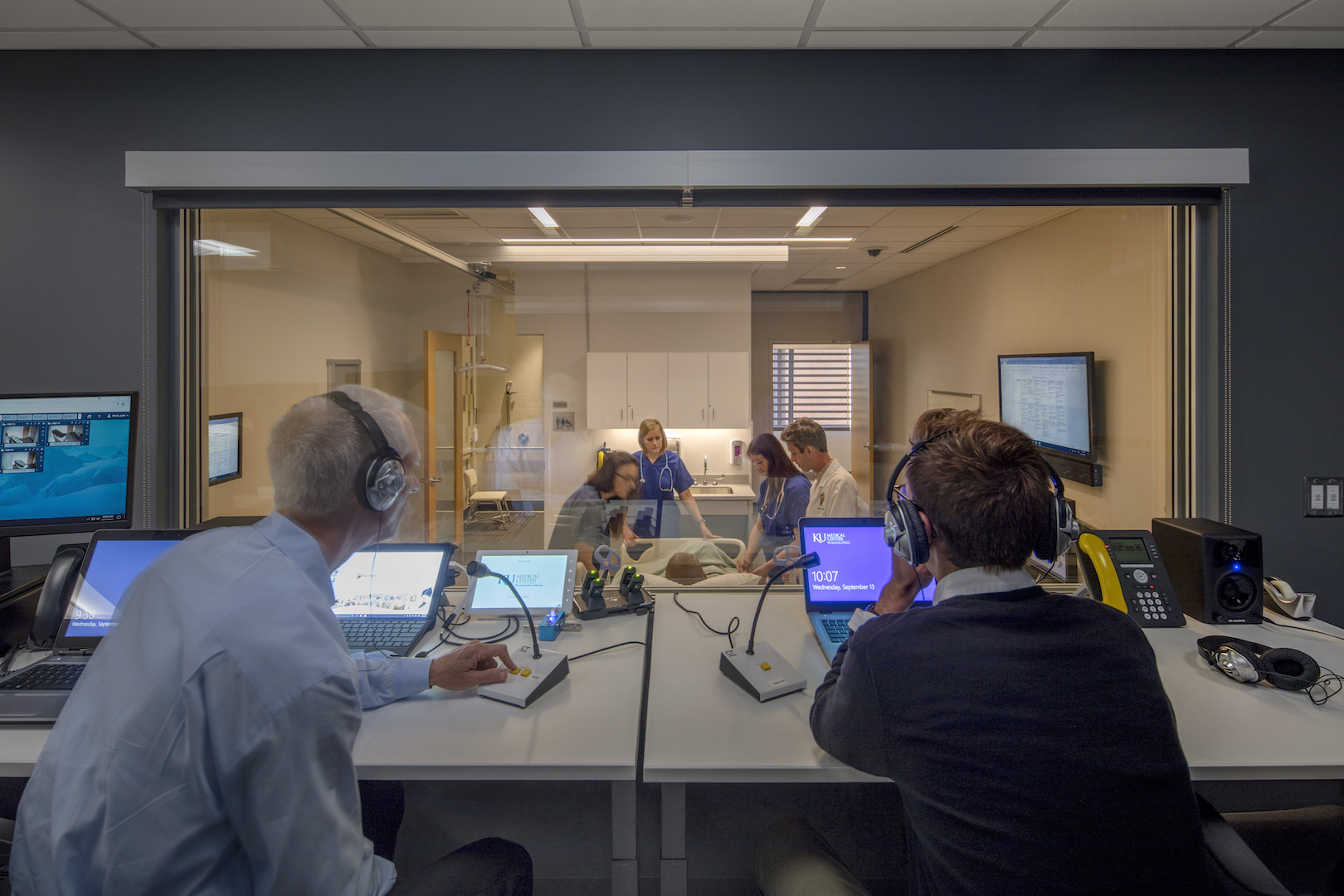Navigating the Complex World of Grant Funding for Hospital Capital Improvement Projects

In the dynamic and ever-changing healthcare environment, hospital systems are constantly enhancing their infrastructure to provide better patient care, advance research, and deliver medical innovations. One of the greatest challenges in bringing hospital capital improvement projects to life is funding the investment – sometimes valued in the hundreds of millions of dollars. Federal, state, and private grant funding sources provide crucial financial support and vital resources for these initiatives. Navigating the diverse landscape of funding opportunities and subsequent reporting and compliance requirements requires a strategic and proactive approach to construction.
Landscape of Grant Funding Opportunities
Grant funding opportunities are often broken down into three categories: federal, state, and private sources. On a federal level, hospitals can explore grant opportunities from agencies such as the Centers for Disease Control and Prevention (CDC), the National Institutes of Health (NIH), and the Health Resources & Services Administration (HRSA). Depending on the characteristics of the capital improvement project, additional grant funding opportunities may be available from agencies such as the Agency for Healthcare Research and Quality (AHRQ), United States Department of Agriculture (USDA), U.S. Food and Drug Administration (FDA), National Institute of Standards and Technology (NIST), Veterans Affairs (VA), and more. States provide another source of grant funding for healthcare capital improvement projects. While the availability of funding varies from state to state, many state health departments offer grants to support facility improvements, community health initiatives, regional healthcare needs, and more. Private grant funding opportunities are diverse and available from a variety of foundations, nonprofit organizations, and philanthropic entities. National private foundations, like the Robert Wood Johnson Foundation, support hospital projects that align with their philanthropic missions. Local or regional community foundations, like the Sunderland Foundation, are another resource that provides grants to improve healthcare infrastructure within their local community.
Developing a Strategic and Proactive Approach to Comply with Funding Requirements
Securing grants for healthcare capital improvement projects is just the beginning. Large capital projects rarely rely on just one source of funding. Instead, hospital systems often receive funding from a variety of organizations – each with its own compliance requirements and timelines. Below are three ways an experienced construction manager can help healthcare systems navigate the complexities of each funding requirement while delivering innovative, cost-saving solutions.
Proactively align plans and contracts with funding portfolio
To meet the compliance requirements of each grant and maximize the value within the overall project, it’s important to proactively and strategically align construction practices with stringent funding regulations. At McCownGordon, we begin looking for opportunities to align funding sources and spending requirements with project scopes, milestones, and deliverables early in the project. When structuring the contract and financials, we review each funding requirement in detail, looking for opportunities to tie specific grants to specific portions of the project. For example, a grant may only apply to specialty equipment, not the entire core and shell of the building. To limit exposure of potentially cumbersome reporting requirements to the rest of the project, our team will structure the bidding process, contract, pay application, and reporting to specifically delineate the specialty equipment scope. After finalizing the project financials and contracts, we review each grant requirement with all stakeholders during preconstruction to ensure all team members understand how each funding source individually impacts the execution of the project. Reviewing the details of each grant, our team continuously looks for ways to save money within the project and reduce costly regulatory requirements.
Effectively manage project budget through proven contracting practices
Grant-funded projects must comply with a variety of requirements that impact wages, trade partner selection, and payroll practices. Projects using federal funds are required to comply with the Davis-Bacon Act. To ensure compliance, McCownGordon’s internal prevailing wage department generates weekly reports, compares them to the grant requirements, and submits them to the appropriate funding Agency. Certain agencies may also specify the inclusion of small- and minority-owned businesses on grant-funded projects. When contracting with our prequalified trade partners, we include detailed grant requirements in our bid documents and contractually bind the partner to those requirements. Certified payroll is another critical tool McCownGordon uses to instill transparency and accountability within the project team and ensure compliance with prevailing wage laws and grant requirements.
Maintain compliance with complex documentation and reporting requirements
Grant funding comes with stringent documentation and reporting requirements. From accurate financial reporting to project progress updates, it’s critical to prepare, submit, and track all necessary documentation in accordance with each grant specification. McCownGordon understands the nuances associated with auditing and reporting requirements to maintain compliance. We tailor our reports and documentation to comply with each funding source and include information such as detailed expenditures, procurement (including Buy America), scheduling, and financial updates (including cash flow, pay applications, and bidding tabulations) to substantiate that grant funds were used as outlined in the application award. Our project schedules also detail the reporting intervals of each grant to ensure timely submittal to each Agency and maintain compliance.
Successfully complying with funding requirements for hospital capital improvement projects is a multifaceted process that requires careful planning, diligent execution, and transparent reporting. Working with a construction manager who brings experience managing grant-funded projects allows hospital systems to capitalize on available funding opportunities and be good stewards of the grants and donations received.
How McCownGordon Can Help
From our internal prevailing wage department and our robust network of minority business partners to our certified payroll and proven grant reporting processes, McCownGordon is intimately familiar with the complex world of grant funding within healthcare settings. Learn more about how we can help you plan, strategize, and comply with grant funding requirements and bring your next healthcare project to life.
Contacts us about your project




